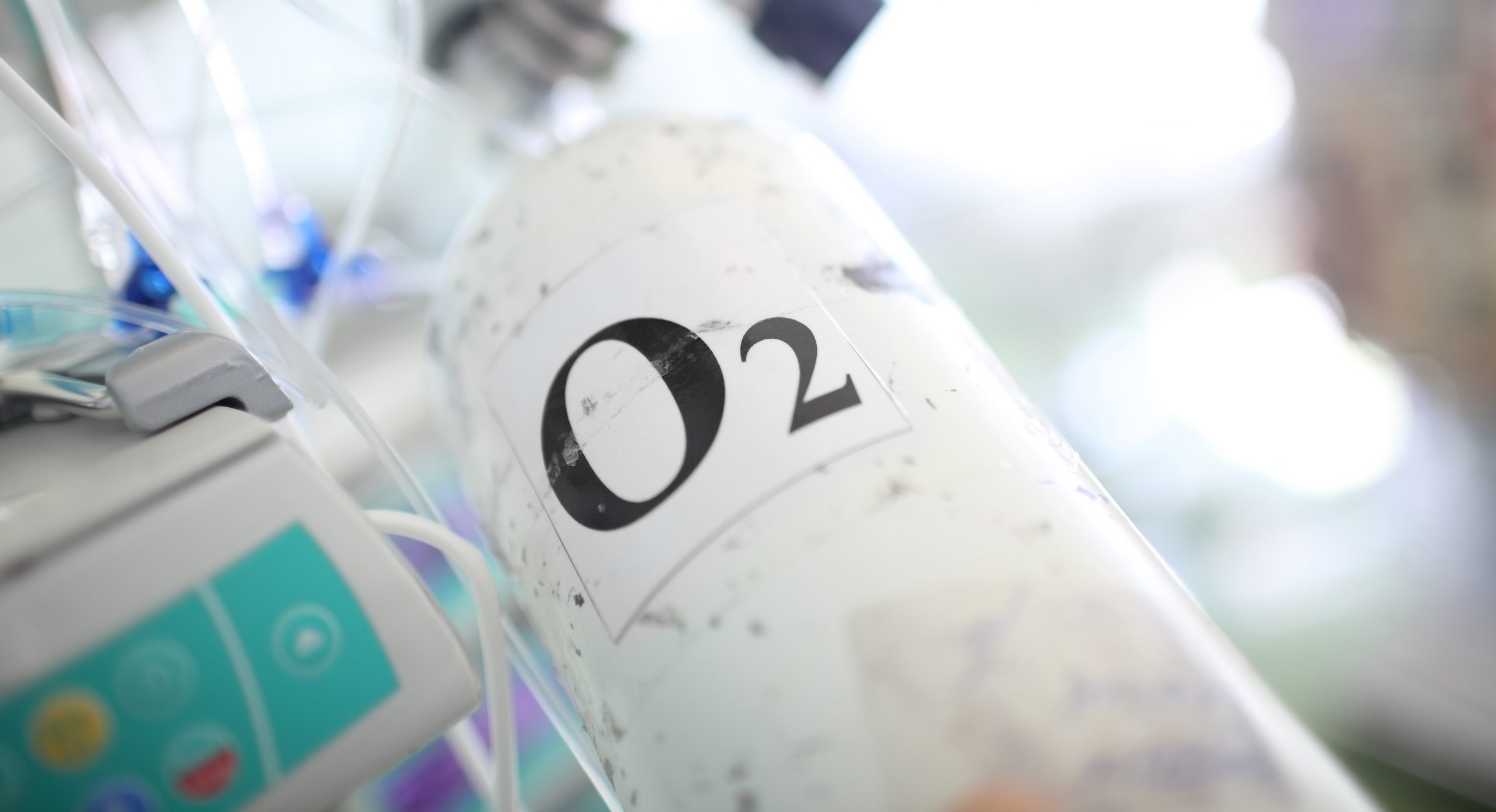A great deal of attention is being paid to the use of ventilators in treating patients who are seriously ill with COVID-19. The number of people recovering from intubation is increasing every day. I thought I might share a bit of my experience after being on a ventilator as well as some practical advice if you have a family member or friend who has needed one.
My Experience
I am not a medical professional, this is simply my first-hand experience of being on a ventilator. It was required to treat a viral illness which led to cardiovascular failure in 2005. A ventilator was used during my treatment as a life-saving measure because my heart and lungs were not functioning, as is the case in patients who are fighting COVID-19. I was on a ventilator for a period of less than one month, but more than one week.
I underwent a tracheostomy (incision in my trachea to open a hole) in order to wean me off of the ventilator and help me begin to breathe on my own. There are benchmarks that guide physicians in whether or not a tracheostomy is beneficial, depending on the length of use of ventilation, but it is not an uncommon occurrence.
I got better, my symptoms improved, and it was nothing short of a miracle according to my care team and the loved ones who were beside me as I went through it.
Spoiler alert: our very own favorite TV doc, Meredith Grey, was put on a ventilator in the winter finale of Grey’s Anatomy.
Plan ahead, even if you are young and healthy.
The most important tip I can share is to make sure that you have a Medical Power of Attorney, or someone to make decisions for you if you become seriously ill. I did not when I got sick and my parents actually had to go to court to challenge the decisions made by my medical providers. Talk about your wishes with loved ones now, and make sure to have the proper forms filled out in your medical files.
So what can you expect if you have a loved one who is recovering from ventilation?
- It is hard to swallow, literally. Intubation takes a toll on your throat making it difficult to swallow, especially thin liquids like water. It may be awhile before a person can eat and drink normally.
- It takes time and practice to re-learn to do things like chewing, talking, and swallowing. I also had to re-learn how to walk and required the use of a wheelchair for a number of weeks.
- They will likely have trouble speaking…be patient as they try to communicate.
- Rehabilitation is essential. Rehabilitation time will vary greatly depending on individual patient circumstances, but it is something to consider.
- Being discharged from the hospital is just the first-step on the road to wellness. The patient will still need support to get back to a level of functioning that will not require assistance.
The good news is that there are professionally-trained therapists to help people learn to do these things again. I owe the speech therapists, occupational therapists, physical therapists, and behavioral therapists who helped me recover a debt of immeasurable gratitude.
Be there for your neighbors, friends, and family.
Do so in the safest way possible amidst this pandemic. Be present in your loved ones’ lives by sending cards or using technology to stay in touch. It can help with the loneliness and isolation that prolonged hospitalizations can cause.
Show support by providing meals or restaurant gift cards for the recovering patient and their family. Just keep in mind the patient may have diet modifications due to the ventilator.
It is only with time that those who go through ventilation can get back to a quality of life that is recognizable. Reaching out to offer support is so important.
I have regained a quality of life that I am thankful for every day. I had family at my side. I did not have to struggle alone as most COVID-19 patients do. The road to recovery after being on a ventilator is a long and arduous journey…but there is always hope.
—Submitted anonymously to Detroit Mom











